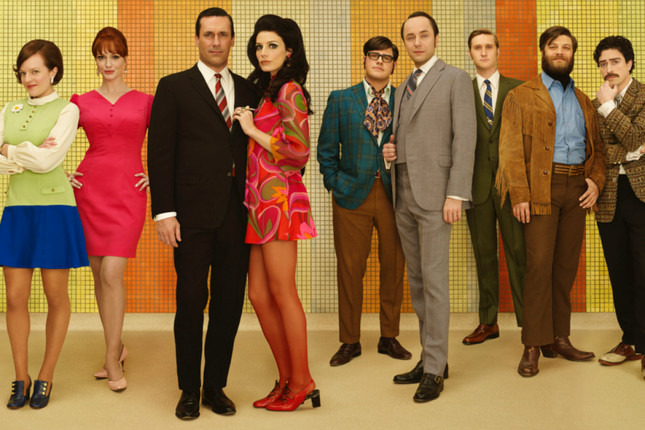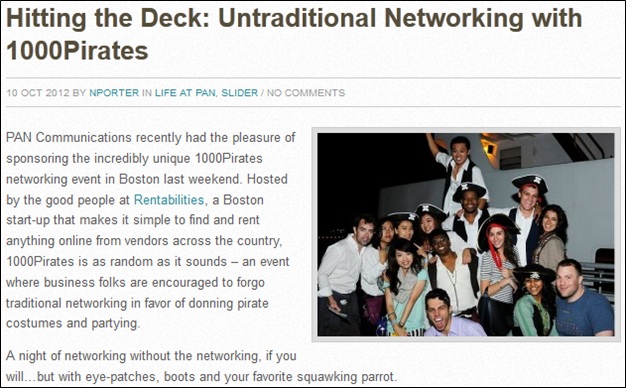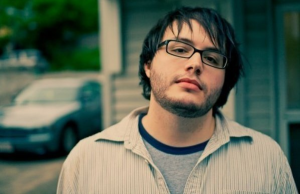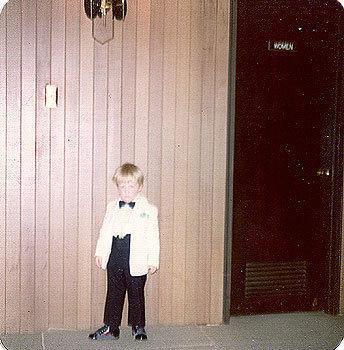Did you watch the series finale of Mad Men? It was exactly what you’d expect from the modern classic – emotional, compelling and wrought with existential crises. But perhaps most important, it delivered a fitting conclusion to the tale of Don Draper – arguably The Golden Age of Television’s most “difficult man.”
For those who work in agency life, the end of Mad Men allows for a different type of mourning, for we are no longer able to see elements of our profession represented during prime-time. Here are thoughts from me and several of my colleagues — all huge Mad Men aficionados and PR agency veterans — regarding what we appreciated most about the show as well as what we will miss:
- “I will miss having a reference point for explaining what I do for a living to family members. My explanation usually goes a bit like, ‘Have you ever seen Mad Men? It’s sort of like that, but not at all.’” – Nicholas Porter
- “I’ll miss seeing Don create campaigns on the fly. At his best, he’s a brilliant strategist who cuts through the clutter, drills into what the client wants and paints a vivid picture that sells the consumer on the client’s product. Heinz ketchup. Jaguar Cars. Coke. The stories he spun were inspirational. Now, on the other hand: Don at his worst? That’s a different story…” Michael O’Connell
- “I will miss seeing the collaborative process on the small screen! Seeing individuals working together in one room to bring ideas to life was always my favorite part of the show.” – Jen Bonney
- “I will miss watching Peggy Olsen’s career trajectory and her struggle to be taken seriously. It was inspiring.” – Gaby Berkman
- “I will miss seeing the reality of agency life on television. Change is the only constant in this world and Mad Men exemplified that as each big idea or opportunity led to a new agency, and a new challenge for the core characters. The show demonstrated how smaller, more nimble agencies like Sterling Cooper Draper Price – and PAN – best serve clients by staying ahead of the curve.” – Shelly Runyon
- “I will miss how the show used 1960s culture and historic events to tell modern stories that agency professionals and ‘civilians’ alike could relate to. I also loved Megan!” – Alyssa Miron
- “I really enjoyed how spot on the series was when it came to 1960s pop culture references. It was a fun tour through history that felt more like “real life” than what we were taught in school or learned from our parents. But the number one reason I will miss the show? Joan! – Nikki Festa
-
- The show did a great job of capturing the décor and the attitude of the times. My first agency job in was in a heavily smoking office working with a guy named “Sterling” who, in some ways, was a lot like Don Draper. I’ll miss the protypical agency characters. My favorite Mad Men scene: the picnic in an early episode where Don, Birdie and the kids have a picnic outside in a park. Instead of cleaning up the trash when they leave, they just pick up the blanket, dumping and leaving all the garbage all over the ground, and drive off. My second favorite scene: the birthday party/cookout with the kids wearing plastic bags on their heads and shooting guns at each other and not a single parent being concerned. I could relate to Mad Men—and that’s what I’ll miss most. It was like watching memories from my childhood – Tim Monroe
What will you miss the most about Mad Men? Feel free to share!
(A version of this post previously appeared on PRSpeak.)




